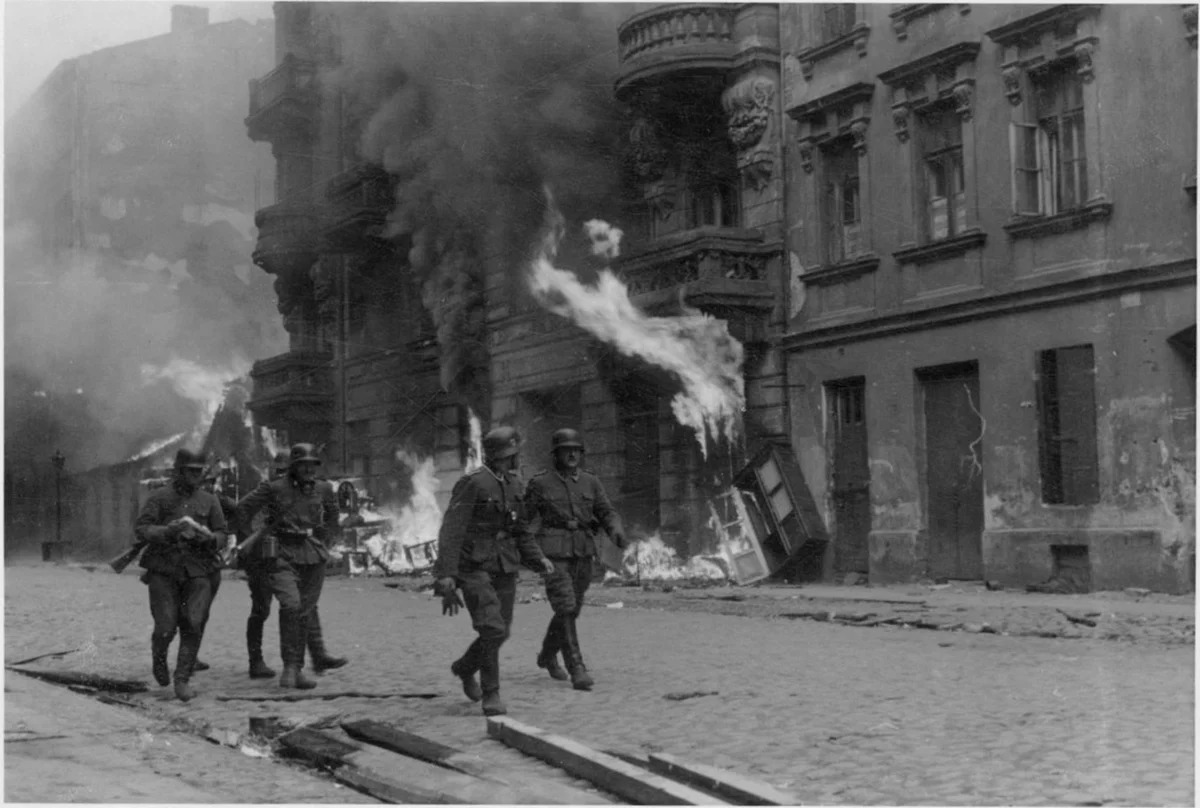A Struggle Over Memory: When the Rabbinate and Zionist Left Fought Over Holocaust Remembrance Day
Approaching Holocaust Remembrance Day: The debate over the memorial date revealed deep divisions between religious and ultra-Orthodox communities and the Zionist Left, which emphasized heroism and chose a date close to the Warsaw Ghetto Uprising.

In the 1950s, while Israeli society was still in the midst of forming its national identity, a fundamental conflict erupted over a charged question: when and how to commemorate the Holocaust. The debate went beyond the technical matter of a date, reflecting deeper perceptions about the Holocaust's meaning, its place in national memory, and the appropriate way to memorialize it.
Religious Zionism, through its representatives in the Knesset and the Chief Rabbinate, sought to include Holocaust remembrance on the general Kaddish day, the Tenth of Tevet – a date with religious-historical significance, when Jews commemorate disasters that have befallen the Jewish people. In their view, the Holocaust was another link in the chain of Jewish destruction in the diaspora, and should be marked within the religious-traditional framework of mourning and reciting Kaddish. Additionally, the entire month of Nisan is traditionally prohibited for eulogies and fasting.
In contrast, the Zionist Left – particularly Mapam party members – wanted to place the ghetto uprisings, especially the Warsaw Ghetto Uprising, at the heart of remembrance. For them, the ethos of heroism, resistance, and militant Zionism was central to commemoration. MK Aharon Zisling proposed establishing the day the uprising broke out – the 14th of Nisan – as Holocaust Day, emphasizing the active role of the "new Jew."
Zisling's proposal faced a practical difficulty – the 14th of Nisan is the eve of Passover, unsuitable for a day of mourning. The Knesset committee sought an alternative date that would maintain the spirit of heroism, and eventually decided on the 27th of Nisan – six days after Passover. Surprisingly, Religious Zionism also voted in favor, seeking national consensus. MK Nurock, who lost his family in the Holocaust, said the date symbolized both destruction and heroism, being part of the Counting of the Omer period during which Jewish tragedies had occurred in the past.
Nevertheless, Religious Zionism did not abandon the Tenth of Tevet: for them, it remained the traditional Holocaust memorial day when prayers and Kaddish could be properly recited, unlike during Nisan – a month of redemption when mourning is traditionally minimized.
The Holocaust Law – and Another Round of Struggle
The conflict didn't end. In 1959, during the legislation of the Holocaust and Heroism Remembrance Day Law, the National Religious Party demanded returning to the Tenth of Tevet. They argued that the 27th of Nisan emphasized the uprising – an exceptional event not representative of most victims' fate. In their view, placing fighters at the center erased the memory of millions who perished without being given the opportunity to fight.
Despite this, the Knesset approved the 27th of Nisan as the official Holocaust Remembrance Day – mainly to avoid conflict with leftist perspectives. But the understanding that the Holocaust carried different meanings for different audiences led to the practical establishment of two dates: one official, one traditional.
The struggle over Holocaust Remembrance Day exposed a deep cultural fault line: Religious Zionism emphasized the Holocaust as destruction, continuation of exile and uprooting, and the murdered as martyrs. The Left saw the Holocaust as a breaking point but sought to build from it a story of heroism.
The debate never fully ended: to this day, many in the religious sector observe the Tenth of Tevet as a Holocaust remembrance day, alongside the official Holocaust Remembrance Day on the 27th of Nisan.